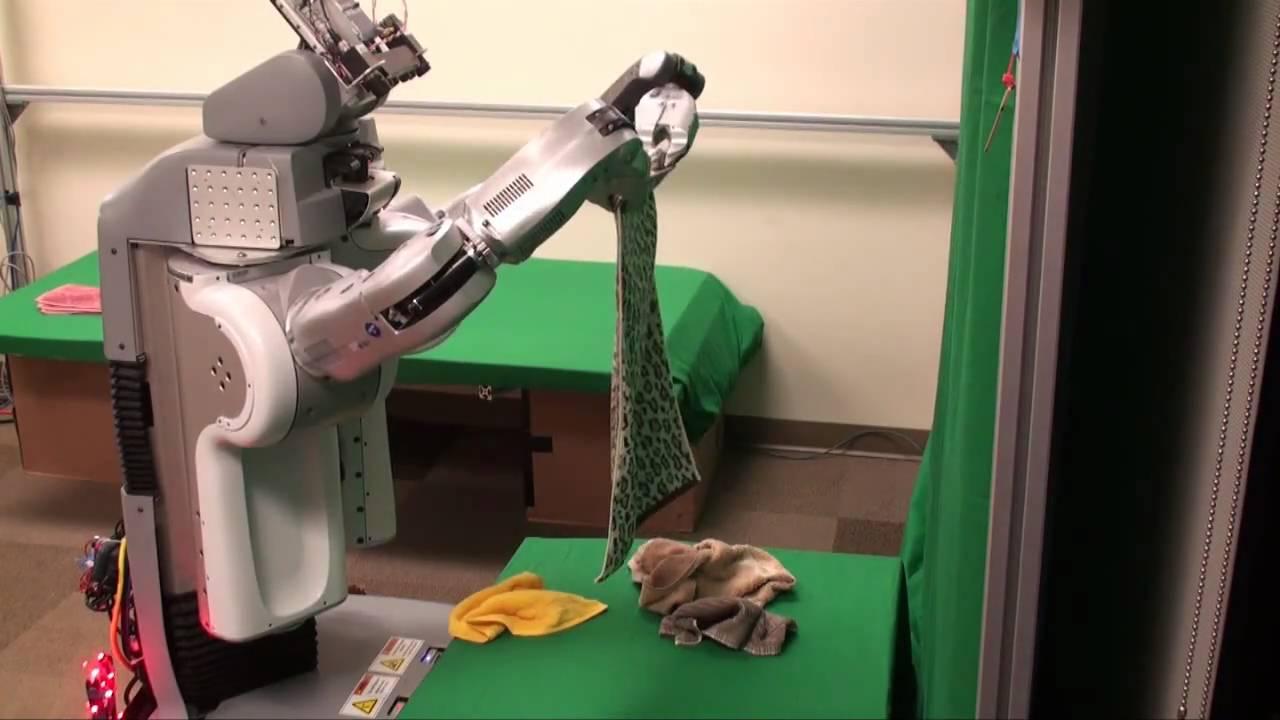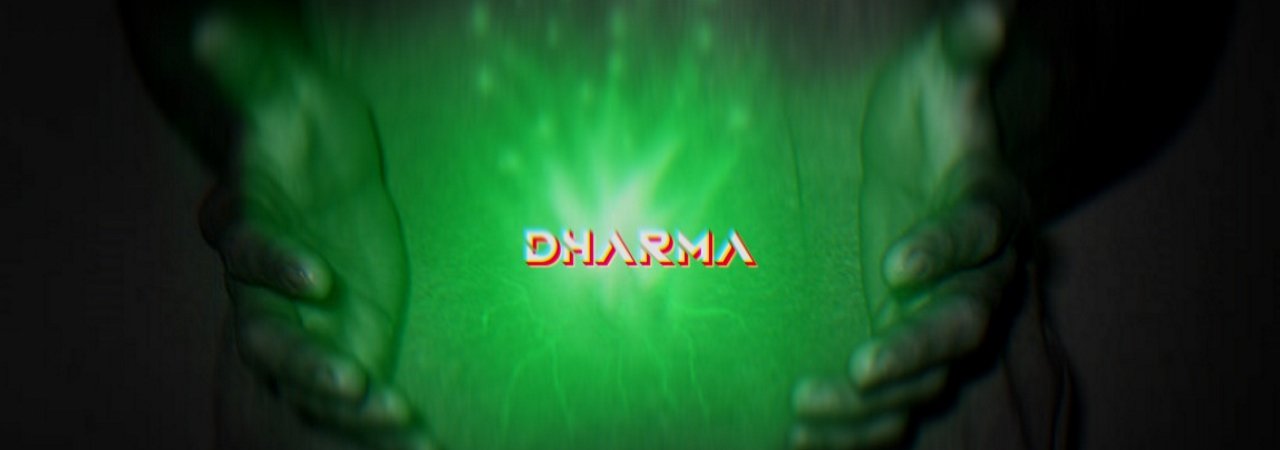Reading Time: 3 minutesYou heard it last month, last week and most probably will hear the same message tomorrow: battery-bothered ordinary citizens wish […]
You heard it last month, last week and most probably will hear the same message tomorrow: battery-bothered ordinary citizens wish that the best and brightest in labs could just take their hands off the next big things and turn to every person’s need for an easier time powering up their devices and keeping them running when most needed. Small wonder an Israeli company StoreDot attracted so much same-day press on Monday with its announcement of a battery technology capable of charging smartphones and other devices in 30 seconds, or, as StoreDot put it, “in less time than StoreDot needs to explain how this cutting-edge technology works.” Performing a demo at the Microsoft Think Next Symposium in Tel Aviv, the company, which uses a descriptive subtitle “nanotechnology inspired by nature,” unveiled their prototype. How is such a battery possible? The company produces “nanodots” derived from bio-organic material that, due to their size, have increased electrode capacitance and electrolyte performance, resulting in batteries able to be fully charged in minutes.
“The fast-charge battery is the result of our focus on commercializing the materials we have discovered,” said Dr. Doron Myersdorf, company CEO.
But what are StoreDot’s “nanodots?” These nano-crystals are uniform in size, 2 nanometers in diameter, and consist of bio-organic peptide molecules. The company said manufacturing nanodots is relatively inexpensive as they originate naturally, and use a basic biological mechanism of self-assembly. “They can be made from a vast range of bio-organic raw materials that are readily available and environmentally friendly.”
Quoted Monday in TechCrunch, Myersdorf said, “We were able to take the same peptides that participate in biological processes in our body and to create nano-crystals—these are stable, robust spheres.”
While memory chips were the focus of StoreDot’s team at the start, the focus shifted, said TechCrunch, to near-term routes to commercialize the technology: the fast-charging smartphone batteries that were demonstrated Monday and cadmium-free displays as cheaper and non-toxic alternatives to cadmium in screens.
Right now, the StoreDot solution is only in prototype stage and the company showed a battery that extends beyond the form factor of the smartphone, but Meyersdorf told TechCrunch they are moving on this. He said the battery technology may be on the market within three years. “So in one year we’ll have reached the size [smartphone form factor], and in two years we’ll reach the required energy density for the entire day.”
Myersdorf launched StoreDot, based in Ramat Gan, near Tel Aviv, in 2012. He was previously senior director at SanDisk’s Solid State Drive Division. Among his colleagues at the company are CTO Prof. Simon Litsyn, previously Chief Scientist of future technologies at SanDisk; and Prof. Gil Rosenman, a nanotechnology and physics expert.

Additional target products of StoreDot technology include flash memory, image sensors and semiconductor materials. When applying nanodots in flash memory storage data is written three times faster than traditional floating gate technology, said the company, and image sensors using this technology are five times more sensitive than existing sensors.
via http://phys.org/


